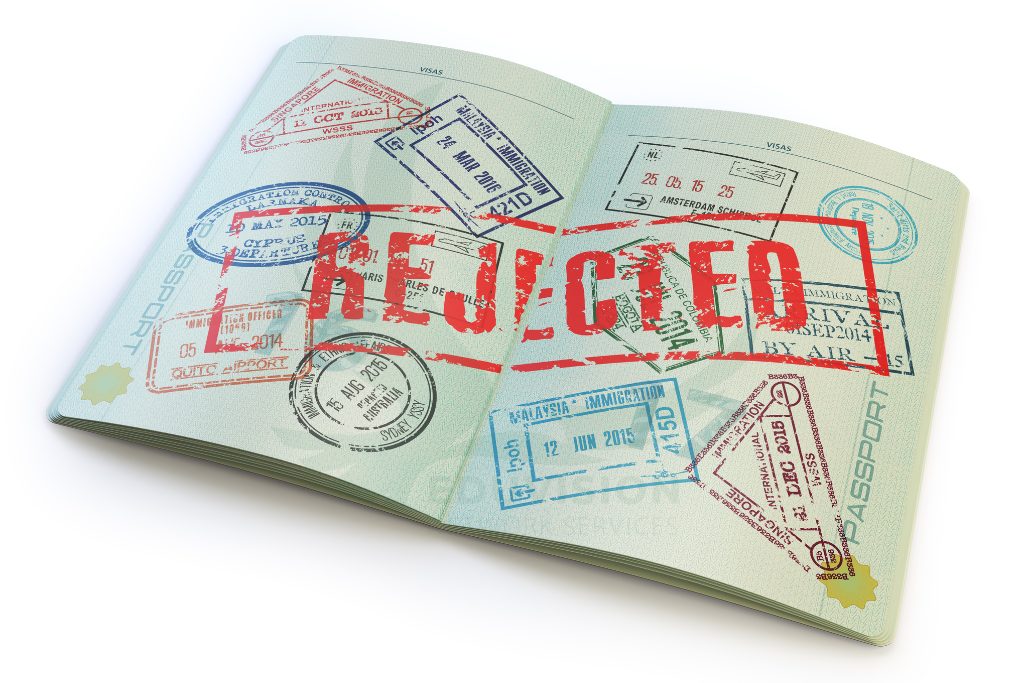Common Mistakes to Avoid During Visa Applications

Applying for a student visa for the US, UK, or Canada is crucial in your study abroad journey. However, many students face visa denials due to avoidable visa application mistakes.
Even small errors can delay or completely ruin your chances of studying abroad. Below are the most common pitfalls to avoid and how to ensure your application is successful.
1. Incomplete or Incorrect Visa Forms
Your visa application form is the foundation of your application. Any missing information, typos, or inconsistencies can lead to rejection.
What you should do is:
- Double-check that all details match your passport and academic records.
- Use official guidelines from the embassy website.
- Review your application multiple times before submission.
2. Insufficient Financial Proof
Visa officers want to ensure that you can cover tuition, accommodation, and living expenses without struggling financially. Failing to provide adequate financial proof is a top reason for visa denials.
What you should do is:
- Submit bank statements showing required funds (usually 3–6 months of transactions).
- Include scholarship letters, loan approvals, or sponsorship affidavits if applicable.
- Ensure funds meet the minimum requirements set by the country’s immigration office.
3. Inconsistent or False Information
If you provide misleading information, even unintentionally, can lead to immediate rejection and even bans from reapplying. Visa officers verify every detail, so honesty is crucial.
What you should do is:
- Be truthful about your academic background, financial situation, and study plans.
- Ensure all submitted documents align with the details on your application.
- If reapplying, disclose past rejections instead of hiding them.
4. Weak Home Country Ties
Understand that visa officers want assurance that you will return home after your studies rather than overstay your visa. If your application suggests otherwise, it could be denied.
What you should do is:
- Show strong family, job, or business ties in your home country.
- Provide evidence of future career plans in your home country after graduation.
- If possible, submit a letter from a future employer or proof of assets such as land or business ownership.
5. Ignoring Country-Specific Visa Guidelines
Note that each country has different visa requirements and a mistake common in one country might not matter in another.
What you should do is:
- Follow the country’s official embassy guidelines strictly.
- Pay attention to required documents, fees, and processing times.
- Keep track of deadline changes or new policies, especially post-pandemic.
Some Country-Specific Visa Requirements at a Glance:
US: F-1 Student Visa (requires Form DS-160 & SEVIS fee)
UK: Student Route Visa (requires CAS statement & proof of funds)
Canada: Study Permit (requires Guaranteed Investment Certificate & medical exam
A successful study visa application requires careful preparation but avoiding visa application mistakes will increase your chances of studying in the US, UK, or Canada.
Ready to apply? Follow these expert tips and make your study abroad dream a reality!





